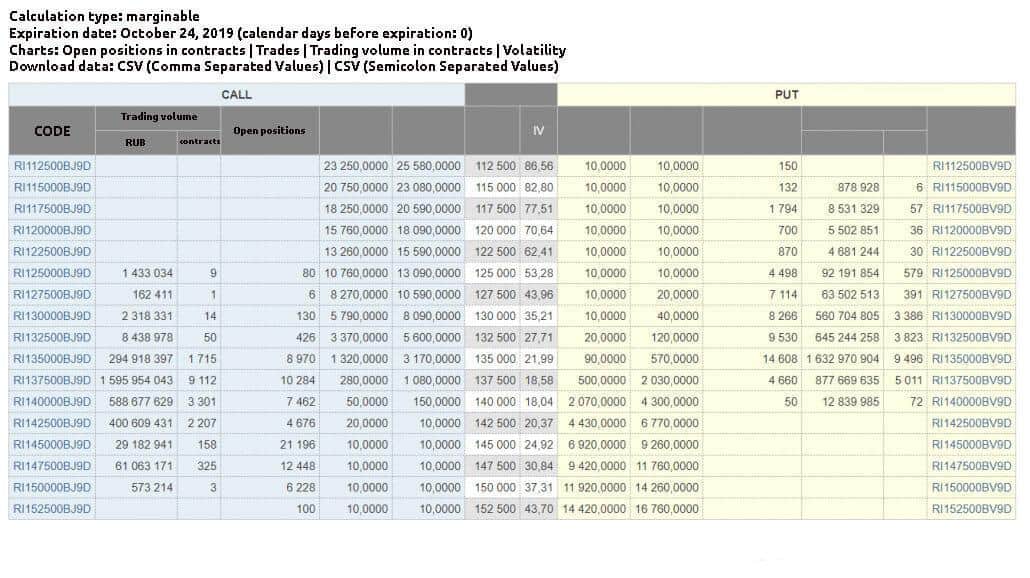
Table 2 provides more information on futures trading platforms. Table 2 contains the names of the major futures exchanges and their origins. Find out more about their products. This information can help you choose the right exchanges. There are many types, from commodities to equities, of futures trading platforms.
Table 2
A futures exchange allows you to trade commodities and equities on an exchange. These exchanges set trading standards and rules, and they provide a trading platform for the market. They are also responsible for the dissemination of information to market participants. The clearinghouse of a futures exchange is responsible for ensuring the timely settlement of contracts. The futures market has a zero-sum dynamic. It means that the price of one commodity depends on the value of another.

Major futures exchanges
Futures exchanges major are central markets where buyers and vendors can trade in a variety of financial instruments as well as commodities. Many of them offer clearing and settlement services to help reduce the risk of counterparty default. Here is a quick overview of some of the most popular exchanges.
Origins
Futures trading has been around as long as the human civilization. Futures trading was developed from the methods of standardizing trade and storing goods for future delivery by ancient Greek and Roman civilizations. Futures trading emerged after central trading was revived in the medieval period.
Products
Futures exchanges offer many products and assets. CME is an example. It lists futures for real estate, weather and freight. They also clear over-the-counter Swaps. The ICE also offers contracts on carbon dioxide emissions, and other environmental products. Many of these products were not yet developed and some are currently being debated and blocked in the various industries they serve.

Regulations
Futures exchanges are self-regulatory organizations that have strict rules that protect market participants and promote integrity and equality. Each exchange has a formal department that oversees the markets and operates constant surveillance. These exchanges enforce a higher standard of conduct on their members, providing due diligence and arbitration as well as restitution. They also provide education resources for futures market participants.
FAQ
How do I invest my money in the stock markets?
You can buy or sell securities through brokers. Brokers can buy or sell securities on your behalf. You pay brokerage commissions when you trade securities.
Banks typically charge higher fees for brokers. Banks will often offer higher rates, as they don’t make money selling securities.
You must open an account at a bank or broker if you wish to invest in stocks.
Brokers will let you know how much it costs for you to sell or buy securities. This fee is based upon the size of each transaction.
Ask your broker about:
-
You must deposit a minimum amount to begin trading
-
Are there any additional charges for closing your position before expiration?
-
what happens if you lose more than $5,000 in one day
-
How long can you hold positions while not paying taxes?
-
How you can borrow against a portfolio
-
Whether you are able to transfer funds between accounts
-
how long it takes to settle transactions
-
How to sell or purchase securities the most effectively
-
how to avoid fraud
-
How to get help for those who need it
-
If you are able to stop trading at any moment
-
How to report trades to government
-
whether you need to file reports with the SEC
-
How important it is to keep track of transactions
-
How do you register with the SEC?
-
What is registration?
-
What does it mean for me?
-
Who is required to register?
-
When should I register?
What is a mutual fund?
Mutual funds can be described as pools of money that invest in securities. They offer diversification by allowing all types and investments to be included in the pool. This reduces the risk.
Mutual funds are managed by professional managers who look after the fund's investment decisions. Some funds let investors manage their portfolios.
Mutual funds are preferable to individual stocks for their simplicity and lower risk.
What is security in a stock?
Security is an investment instrument that's value depends on another company. It can be issued as a share, bond, or other investment instrument. The issuer promises to pay dividends and repay debt obligations to creditors. Investors may also be entitled to capital return if the value of the underlying asset falls.
What are the pros of investing through a Mutual Fund?
-
Low cost - buying shares directly from a company is expensive. It is cheaper to buy shares via a mutual fund.
-
Diversification - most mutual funds contain a variety of different securities. One type of security will lose value while others will increase in value.
-
Professional management - professional managers make sure that the fund invests only in those securities that are appropriate for its objectives.
-
Liquidity is a mutual fund that gives you quick access to cash. You can withdraw the money whenever and wherever you want.
-
Tax efficiency - Mutual funds are tax efficient. This means that you don't have capital gains or losses to worry about until you sell shares.
-
There are no transaction fees - there are no commissions for selling or buying shares.
-
Mutual funds are simple to use. You only need a bank account, and some money.
-
Flexibility – You can make changes to your holdings whenever you like without paying any additional fees.
-
Access to information - You can view the fund's performance and see its current status.
-
Ask questions and get answers from fund managers about investment advice.
-
Security - know what kind of security your holdings are.
-
Control - You can have full control over the investment decisions made by the fund.
-
Portfolio tracking - You can track the performance over time of your portfolio.
-
Easy withdrawal - it is easy to withdraw funds.
There are disadvantages to investing through mutual funds
-
Limited selection - A mutual fund may not offer every investment opportunity.
-
High expense ratio - the expenses associated with owning a share of a mutual fund include brokerage charges, administrative fees, and operating expenses. These expenses can impact your return.
-
Lack of liquidity-Many mutual funds refuse to accept deposits. These mutual funds must be purchased using cash. This restricts the amount you can invest.
-
Poor customer service - there is no single contact point for customers to complain about problems with a mutual fund. Instead, you need to contact the fund's brokers, salespeople, and administrators.
-
High risk - You could lose everything if the fund fails.
Statistics
- Individuals with very limited financial experience are either terrified by horror stories of average investors losing 50% of their portfolio value or are beguiled by "hot tips" that bear the promise of huge rewards but seldom pay off. (investopedia.com)
- Even if you find talent for trading stocks, allocating more than 10% of your portfolio to an individual stock can expose your savings to too much volatility. (nerdwallet.com)
- US resident who opens a new IBKR Pro individual or joint account receives a 0.25% rate reduction on margin loans. (nerdwallet.com)
- "If all of your money's in one stock, you could potentially lose 50% of it overnight," Moore says. (nerdwallet.com)
External Links
How To
How to trade in the Stock Market
Stock trading is a process of buying and selling stocks, bonds, commodities, currencies, derivatives, etc. The word "trading" comes from the French term traiteur (someone who buys and sells). Traders sell and buy securities to make profit. This type of investment is the oldest.
There are many options for investing in the stock market. There are three types of investing: active (passive), and hybrid (active). Passive investors watch their investments grow, while actively traded investors look for winning companies to make a profit. Hybrids combine the best of both approaches.
Index funds track broad indices, such as S&P 500 or Dow Jones Industrial Average. Passive investment is achieved through index funds. This method is popular as it offers diversification and minimizes risk. All you have to do is relax and let your investments take care of themselves.
Active investing involves selecting companies and studying their performance. An active investor will examine things like earnings growth and return on equity. They will then decide whether or no to buy shares in the company. If they feel that the company is undervalued, they will buy shares and hope that the price goes up. On the other side, if the company is valued too high, they will wait until it drops before buying shares.
Hybrid investing combines some aspects of both passive and active investing. You might choose a fund that tracks multiple stocks but also wish to pick several companies. In this scenario, part of your portfolio would be put into a passively-managed fund, while the other part would go into a collection actively managed funds.